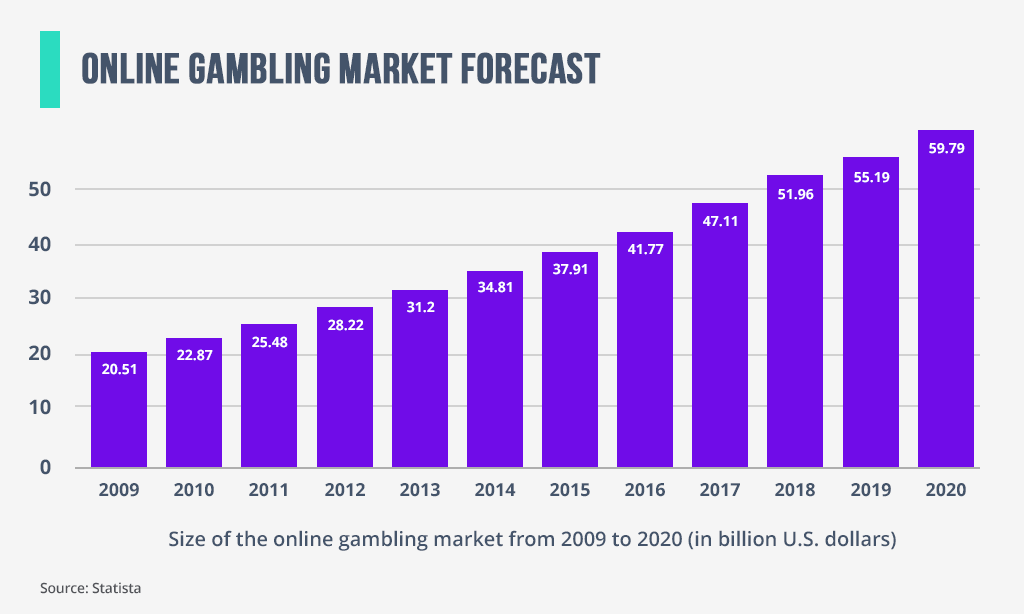The global pandemic has lead to a lot of predictable anxiety, lockouts, and business closures in the last few weeks and months. It has raised many legitimate questions about global finances, with one very important one weighing on investors. “Is now a good time to invest?”
What are the more robust markets to invest in right now? Can anybody, even a freelancer, do well in the market? And what is the best approach to take to keep your money safe?
Join us today as we break down some of our favourite tips.
Don’t Be Reckless
It can be easy, in the midst of everything the world is going through, to feel like the world is your oyster. You can expect to see panicked sales going on in waves over the next few months. This may seem like a tempting opportunity to wade in and start buying up everything you can get your hands on.
Keep in mind, however, that discretion is never a bad idea. There will still be plenty of bad deals floating around, and COVID-19 will run its course. You could find yourself dealing with the repercussions of a bad investment sooner than you might expect, so be careful.
Don’t Invest Unless You Can Maintain It for Three Years, Minimum
Considering buying stocks in response to falling prices? Consider the stability of the investments you’re sizing up. To be responsible, you have to be able to hold your investments for a minimum of three years so they have the chance to recover.
This goes for investments at any time of the year but is especially true during quarantine times.
You may want to sell. You could have any number of reasons for this.
Maybe you’re scared by all the instability. Maybe your broker recommends it. Whatever your reasoning, you should not invest during a stock market crash if you’re not ready to hold your investments for at least three years.
Stocks have a high potential return rate, but we only see those returns when we hold down, consistently, during episodes of volatility. Three years is the recommended amount of time necessary to overcome short-term market losses.
You also cannot, under any circumstances, invest money you may need in an emergency into these stocks. If you invest emergency funds and then, later on, have an emergency, you’ll need to sell to get access to that money.
Don’t Spend It All on the Markets
Cash tends to retain its value, even during a stock market crash. What this means for you, as an investor, is an opportunity to keep a portion of your investing power liquid and ready in case the market drops.
You’ll be more ready to take advantage of these dips in activity if your funds aren’t already all wrapped up in equity. Compared to other investors, strapped for cash and weighing up their options, you’ll have a distinct advantage.
Regret: It’s to Be Expected
“The best-laid plans of mice and men often go awry.”
Nobody ever gets into the stock market intending to lose money. That said, losing money, at least in the short term, is an inevitability. It’s always easier to plan when the markets are behaving as they should be.
It’s no secret that investors get nervous when the stock market is erratic. They feel regret over not getting in earlier. They feel regret at not selling sooner.
You will probably feel the same way at some point in the future. It’s inevitable, and you will almost always be left something you wish had gone differently. The worst thing you could do is sell scared.
Expert investors with years of experience don’t have perfect days. If you’re trying to take advantage of the market during COVID-19, it’s important to remember not everything will go perfectly.
Stocks will fall, sometimes repeatedly. They have done so throughout history, and have always recovered. If you are bold enough to get into the stock market during a global pandemic and impending recession, you need to be bold enough to weather the storm.
A Note on What to Invest in Now
Investing in stocks and shares is about taking a smart approach to your investments. But it’s also about investing in stocks and shares you know will make a return. With all of that said, which sectors will be most likely to pull ahead during the COVID-19 outbreak?
Healthcare and Biotechnology
The biotech and healthcare fields are expected to remain entrenched during the outbreak due to their role in treating it. Look at Quidel Corporation (QDEL) and Masimo Corporation (MASI) for mid-to-large caps.
Teleconference
Because of its role in quarantines, teleconferencing software is also attracting purchases. It’s not a field that gets as much attention in a regular year, however, so expect some inconsistencies by way of growing pains. Citrix Systems, Inc. (CTXS) and Teledoc Health, Inc. (TDOC) have both shown promise.
Safe Shelters
The safe-haven has had its place throughout dozens of national and international disasters. They’ve seen consistent growth throughout COVID-19, with climbing dividends staving off lower prices. Campbell Soup Company (CPB) recently traded near a 52-week high, while American Water Works Company, Inc. (AWK) has come in with some great returns, as well.
Is Now a Good Time to Invest?
The world is in an interesting place, right now. One of the biggest global pandemics in recent history has sent literally everybody inside, from the man on the street to whole businesses. And, with stores, restaurants, and even some non-essential public utilities all shutting down, it can be easy to think this is a bad time to invest.
The truth is quite the opposite, though. With the market shifting to products and services relevant to the virus, we’re seeing new opportunities for investors.
It’s all about changing your perspective and learning to roll with the punches, and this is the perfect environment to do exactly that in. Some of the best long term investments come out of trying times. And COVID-19 is certainly trying.
Is now a good time to invest? It’s as good a time as it’s ever been, which means “absolutely,” provided you’re ready to put in the time and effort and invest wisely.
Looking for more choice investment insights? Check out some of our other expert blog content, today!





